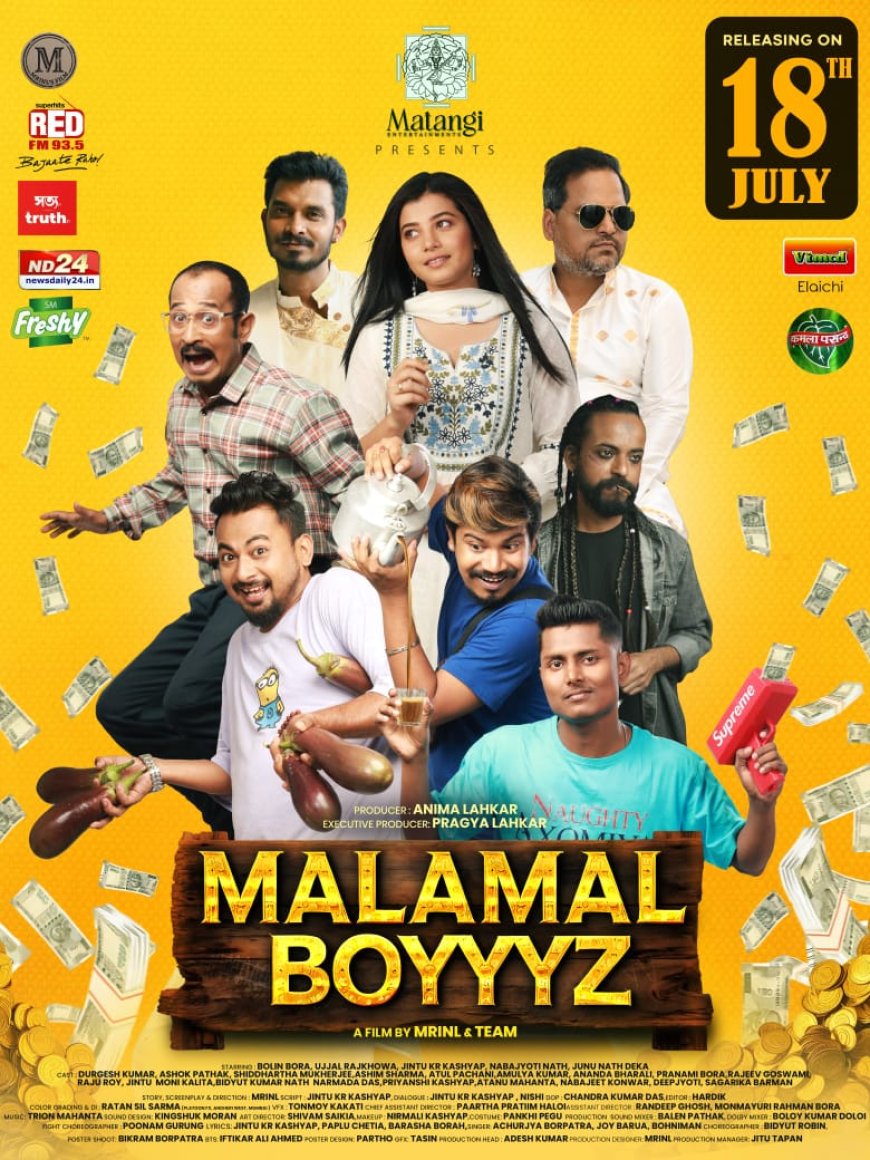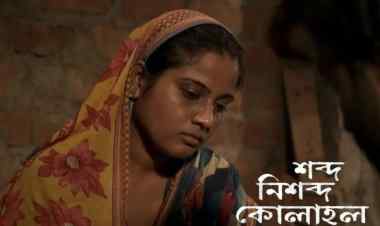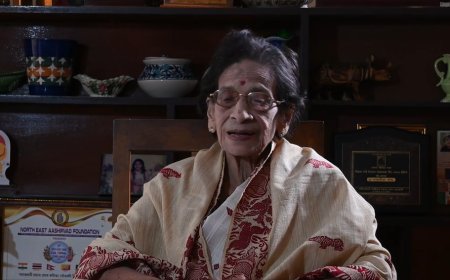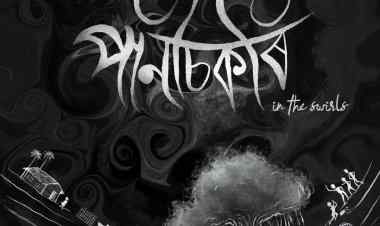Malamal Boyyyz (2025)
Parthajit Baruah reviews "Malamal Boyyyz" (2025). This is one you shouldn’t miss—grab some popcorn, sit back, and enjoy a film that offers laughter, relaxation, and sheer delight.

Don’t miss Malamal Boyyyz—grab your popcorn, settle in, and enjoy a film that provides laughter, relaxation, and pure delight.
Initially, I was not interested in watching the film Malamal Boyyyz simply because of its title. I typically avoid films with such light-hearted or whimsical names, as they rarely appeal to my taste. I had planned to watch the film on Friday, but due to a packed house, I couldn’t get a ticket and had to postpone my viewing to Saturday.
When I finally watched the film, I was genuinely surprised by the diverse audience that filled the theatre. The crowd ranged from children as young as ten to seniors well over seventy. Throughout the film, their reactions were remarkable—waves of laughter, spontaneous whistling, and heartfelt engagement roared through the hall. It was clear that the humour boomed with people of all ages.
This level of whole-hearted involvement clearly shows an important point: films that genuinely reflect the interests and experiences of their audience are more likely to attract large crowds. The lively and joyful atmosphere in the theatre convinced me that Malamal Boyyyz, has the capacity to delight audiences from every walk of life.
In recent times , Assamese cinema has seen a remarkable resurgence, drawing audiences back into theatres and rekindling a collective enthusiasm for home-grown stories. Among the notable contributions to this revival are three films, Bhaimon Da, Rudra, and Malamal Boyyyz, each succeeding in filling cinema halls with diverse audiences. However, it is Malamal Boyyyz (2025), that stands out as a vibrant sign of the power of comedy and relatable storytelling in Assamese film.
Malamal Boyyyz, directed and written by Mrinal Deka, revolves around four close friends, each dealing with their own struggles and dreams. Jibon (Ujjal Rajkhowa) is a life insurance agent who struggled to sell a single policy in months. Lakhi (Jintu Kr. Kashyap) runs a temporary tea stall, cheerfully branding himself as an “entrepreneur” despite his humble circumstances. A third friend, a dark-skinned aspiring actor, Raghu (Naba Jyoti Nath), faces the harsh realities of typecasting and prejudice within the industry. The fourth member of the group, Abhi (Bolin Bora), is a caretaker who claims that he provides “ideas” to his friend. In fact, he manages the house they share and is allowed to live with his friends in exchange for maintaining their home.
Despite their hardships, the group is united by a shared dream: to escape poverty and build a better life, initially through the hope-filled venture of farming. However, a web of local crime soon complicates their earnest efforts.
What distinguishes Malamal Boyyyz is its deft blend of slapstick, witty dialogues, and well-timed comic sequences, all rooted in the everyday realities of Assamese youth. Deka’s screenplay ensures that each character is fully realised and relatable. The humour is never forced; rather, it arises organically from the characters’ interactions and the absurdity of their predicaments. At the same time, the film does not shy away from addressing deeper social issues such as economic struggle, friendship, and the pursuit of dignity. It offers audiences both laughter and reflection.
One standout example of filmmaker's skilful direction and sharp dialogue comes in a memorable scene involving the aspiring actor and his friends. As the group chats casually on the footpath, a young woman passes by. The actor, in a misguided attempt at flirtation, catcalls her, prompting the girl to shout for help. Instantly, several bystanders rush to her aid. Sensing trouble, the actor’s friends discreetly slip away, leaving him to face the consequences alone. As the group of rescuers draws closer and the situation escalates, the quick-thinking actor dramatically announces, “Break up! From today on, we’re over!” This unexpected declaration confuses the would-be rescuers, who assume it’s just a lovers’ quarrel, and they disperse. The scene stands out as one of the film’s best—a brilliant blend of humour, tension, and clever misdirection that shows Deka’s mastery over comic timing and character-driven storytelling.
The scene in which Arohi (Junu Nath) engages in a heated conversation with her father (Siddhartha Mukherjee), questioning him about Sudhir (Ashok Pathak) and his associates, stands out as a significant moment in the film. This confrontation is noteworthy not only for its emotional intensity but also for showing the talent of the emerging actress. Through her expressive performance, we feel that we have found a promising new face.
However, several talented actors, such as Pranami Bora, Raju Roy, and Bidyut, remained underused and received limited screen time. Despite this, all the performers did strong performances. On another note, one aspect that I found somewhat distracting in a few scenes was the lighting design. The frequent use of red lighting in the background diminished the cinematic appeal and, at times, detracted from the overall visual experience.
Malamal Boyyyz (2025) entertains, engages, and inspires with its lively story, authentic characters, and sharp comedic timing, making it a film that appeals to audiences of all ages.
What's Your Reaction?

































































